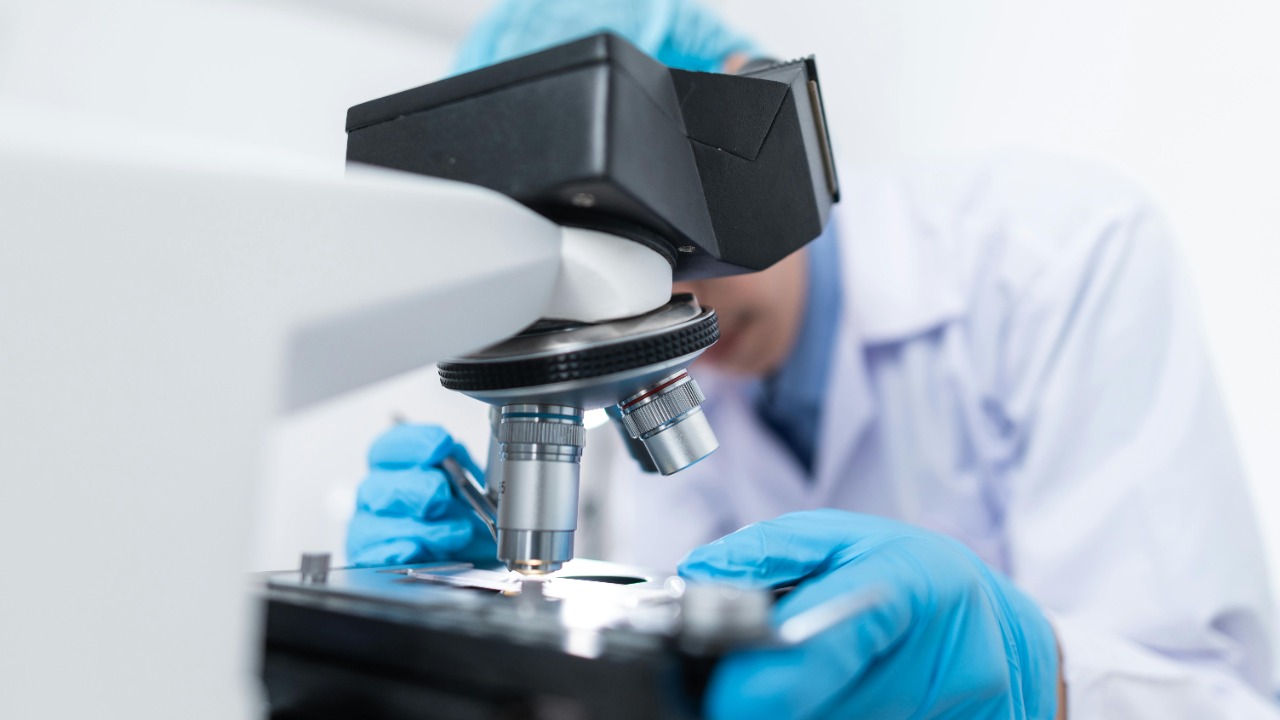
A scientist is addressing a critical roadblock in applying AI to drug discovery, marking a potential breakthrough in the field. On October 17, 2025, reports emerged of a new model designed to boost reliability in drug discovery processes. Complementing these developments, BioPhy is tackling bottlenecks in AI-driven drug development as highlighted in coverage from July 8, 2024.
The Core Roadblock in AI-Driven Drug Discovery
AI’s potential in drug discovery is often hampered by its inability to accurately predict drug interactions and efficacy. This challenge stems from the complexity of biological systems and the limitations of current AI models in simulating these intricate processes. Historically, unreliable AI outputs have slowed pharmaceutical progress, particularly in molecular modeling, where predictions often fail to translate into viable drug candidates. This has led to increased costs and extended timelines in drug development, as traditional methods remain necessary to validate AI-generated hypotheses.
The implications for broader industry adoption are significant. Traditional drug discovery methods are not only time-consuming but also costly, often requiring years and billions of dollars to bring a new drug to market. AI promises to streamline this process, but only if its predictions can be trusted. The current limitations in AI reliability mean that pharmaceutical companies are hesitant to fully integrate these technologies, resulting in a slower pace of innovation and higher costs for consumers.
A Scientist’s Innovative Solution
An unnamed scientist is leading efforts to overcome these AI limitations, focusing on methodological advancements that enhance the reliability of AI in drug discovery. According to a report on October 17, 2025, the scientist has developed enhanced algorithms that improve data validation during drug candidate screening. These algorithms are designed to better handle the complexities of biological data, reducing the likelihood of false positives and increasing the accuracy of AI predictions.
The technical aspects of this approach involve sophisticated machine learning techniques that can process vast amounts of data more effectively than previous models. By refining the way AI systems interpret biological data, the scientist’s work could lead to faster iteration in early-stage research pipelines. This advancement holds the potential to significantly reduce the time and cost associated with bringing new drugs to market, making cutting-edge treatments more accessible to patients worldwide.
Emerging Models for Enhanced Reliability
A new model, reported on October 17, 2025, is boosting reliability in drug discovery by refining AI predictions. This model addresses the core issue of AI’s predictive accuracy by integrating advanced data processing techniques that enhance the identification of viable compounds. By improving the precision of AI-generated hypotheses, the model reduces the occurrence of false positives, which have historically plagued AI-driven drug discovery efforts.
Real-world applications of this model are already demonstrating improved accuracy in identifying viable drug candidates. By integrating seamlessly with existing AI frameworks, the model allows pharmaceutical companies to streamline their discovery workflows, reducing the time and resources needed to validate AI predictions. This integration not only enhances the efficiency of drug discovery but also encourages broader adoption of AI technologies in the pharmaceutical industry, paving the way for more rapid advancements in medical treatments.
BioPhy’s Role in Overcoming Bottlenecks
BioPhy is playing a crucial role in addressing bottlenecks in AI-driven drug development. As reported on July 8, 2024, the company is implementing innovative tools and strategies to streamline AI integration in pharmaceutical productivity. BioPhy’s initiatives focus on enhancing the scalability and reliability of AI models, making them more applicable to the complex demands of drug discovery.
Examples of BioPhy’s contributions include the development of platforms that facilitate the seamless integration of AI into existing drug discovery processes. These platforms are designed to optimize data processing and improve the accuracy of AI predictions, thereby reducing the time and cost associated with drug development. The long-term potential of BioPhy’s work lies in its ability to reshape industry standards for AI reliability, ultimately leading to more efficient and cost-effective drug discovery processes.
By tackling these bottlenecks, BioPhy is not only advancing the capabilities of AI in drug discovery but also setting a precedent for other companies in the industry. The company’s efforts highlight the importance of collaboration between technology developers and pharmaceutical companies in overcoming the challenges associated with AI-driven drug development. As BioPhy continues to innovate, its work is likely to have a lasting impact on the pharmaceutical industry, driving further advancements in AI technology and its applications in drug discovery.
For more information on the scientist’s efforts, visit Phys.org. Details on the new model can be found at Legal Reader, and insights into BioPhy’s initiatives are available at Drug Discovery Trends.